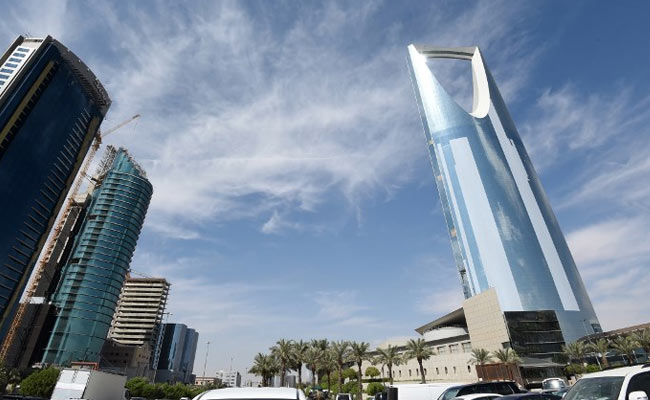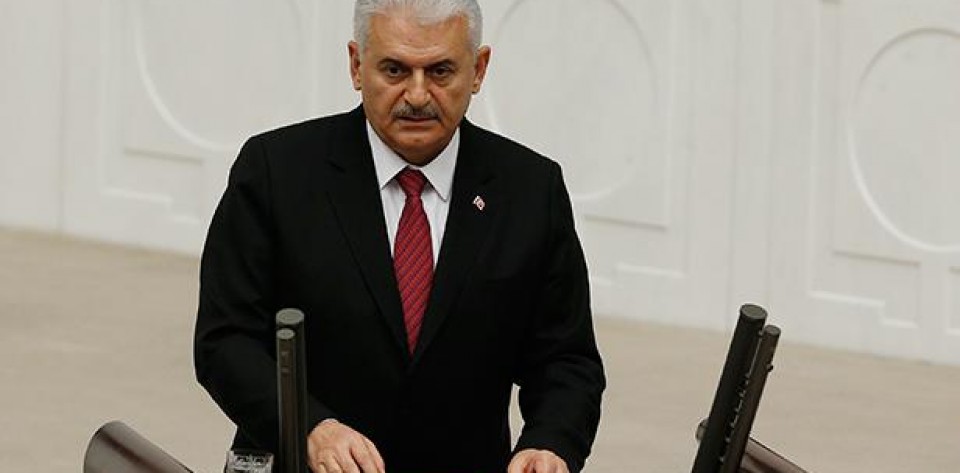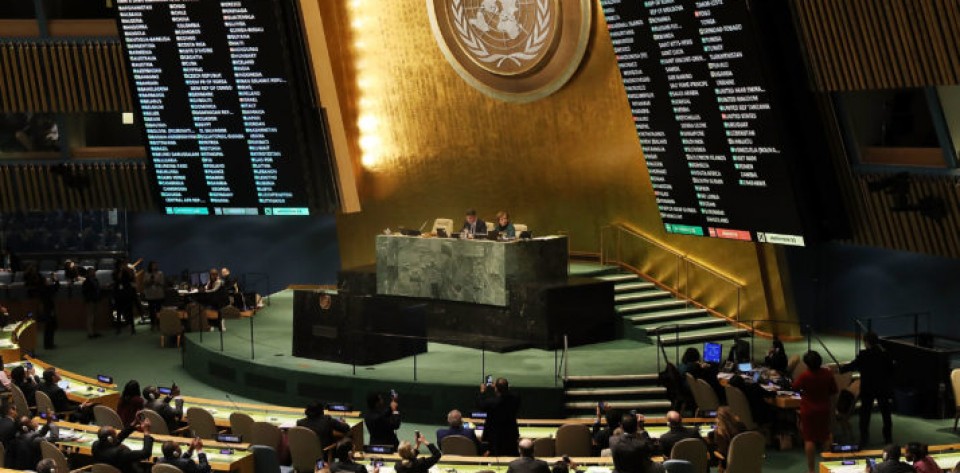
Tax-Free No More: In A First, Saudi Arabia, UAE Introduce VAT. It is a five per cent tax on most goods and services to boost revenue. The VAT will be applied on food, clothes, electronics and gasoline, phone, water and electricity bills, as well as hotel reservations. Some outgoings were exempt from the tax or given a zero-tax rating, including medical treatment, financial services and public transport.
The UAE estimates that in the first year, VAT income will be around 12 billion dirhams ($3.3 billion). Meanwhile, Saudi Arabia recently unveiled the biggest budget in its history, with plans to spend 978 billion riyals (USD 261 billion) this coming fiscal year as the government forecasts a boost in revenue from the introduction of VAT and plans to reduce subsidies. Still, Saudi Arabia is facing a budget deficit until at least 2023.
To finance its mounting public debt, the kingdom has withdrawn around $250 billion from its reserves over the past four years, reducing them to $490 billion.
It has also borrowed around $100 billion from the international and domestic markets.
In Saudi Arabia, more than 90 per cent of budget revenues come from the oil industry while in the UAE it is roughly 80 per cent.
Both countries have already taken steps to boost government coffers.
Though the Gulf has long been associated with being a tax-free haven, foreign companies except in Bahrain pay corporate income taxes. In Oman, locally-owned companies also pay taxes. Customs duties are in place, though medicine, food and raw material for industry were exempt in the past.






